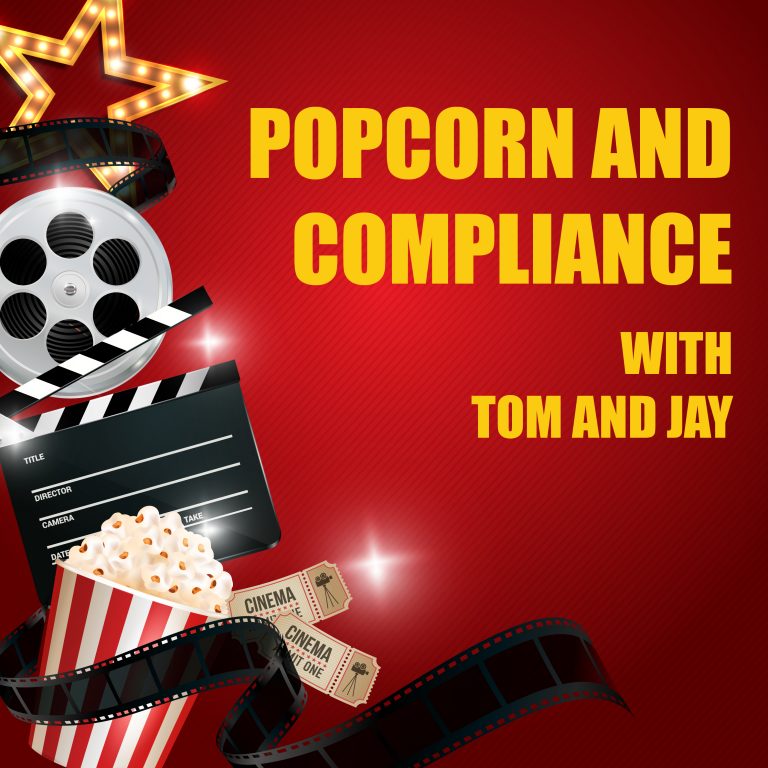Tom Fox is back with his Classic Monster Movie Month, where he reviews a Classic Monster Movie from Universal Pictures from its Classic Monster Movie era of 1931 to 1947. This year, I want to take a look at some of the lesser-known movies and mine them for both leadership and ethical lessons. We begin our journey with the 1932 Bela Lugosi class Murders in Rue Morgue.
The movie “Murders in the Rue Morgue” is a classic horror film that delves into the themes of consent, personal autonomy, and ethics. It tells the story of Dr. Mirakle, a mad scientist who conducts experiments on kidnapped women without their consent. This raises important questions about the disastrous consequences of disregarding individual rights for personal or scientific pursuits.
The film serves as a cautionary tale, highlighting the dangers of unchecked power and the potential for abuse. Dr. Mirakle’s blind obsession with proving his theory leads him to commit heinous acts, demonstrating the importance of leaders remaining balanced, open-minded, and willing to change their course of action based on new information or evidence.
One of the key ethical concerns raised in the movie is the exploitation of vulnerable populations. Dr. Mirakle specifically targets women whom he believes society won’t miss, prompting reflection on the morality of exploiting those who are already marginalized. This raises important questions about the ethical implications of using vulnerable individuals for personal or scientific gains.
The film also touches on the importance of consent and personal autonomy. Dr. Mirakle’s kidnapping and experimentation of unsuspecting individuals grossly violate the principle of consent and infringe upon their autonomy. Every individual has the right to control what happens to their own body, and this film serves as a stark reminder of the importance of respecting those rights.
Furthermore, “Murders in the Rue Morgue” raises questions about the limits of science. While science and research are crucial for human advancement, there are ethical boundaries that should never be crossed. Dr. Mirakle’s actions demonstrate the disastrous consequences that arise when someone disregards the sanctity of life in pursuit of personal or scientific objectives.
The film also explores the themes of responsibility for one’s actions and the questioning of morality versus legality. Dr. Mirakle faces consequences for his unethical practices, highlighting the idea that actions have repercussions and that individuals must be held accountable for their deeds. It also emphasizes the difference between what is legal and what is ethical, prompting viewers to consider the importance of aligning their actions with their moral compass.
In addition to these ethical considerations, the film offers leadership lessons. The protagonist, Pierre Dupont, exemplifies courage in adversity, questioning authority, and understanding team motivations. He bravely pursues the truth and saves his fiancé, demonstrating the importance of leaders being prepared to face challenges head-on and take risks when necessary to achieve their objectives and protect their team.
Overall, “Murders in the Rue Morgue” is a thought-provoking film that raises important ethical questions about consent, personal autonomy, and the limits of science. It serves as a reminder of the disastrous consequences that can arise when individual rights are disregarded for personal or scientific pursuits. The film prompts reflection on morality, science, and the importance of considering the impact on others when making decisions about consent, personal autonomy, and ethics.



